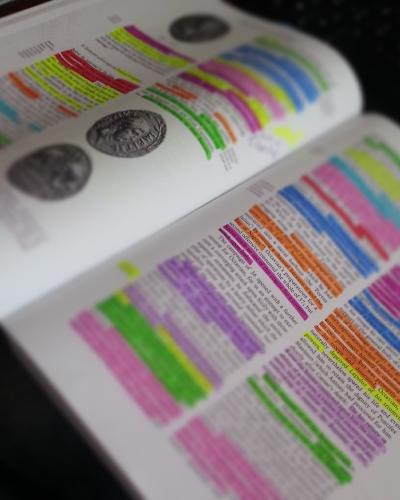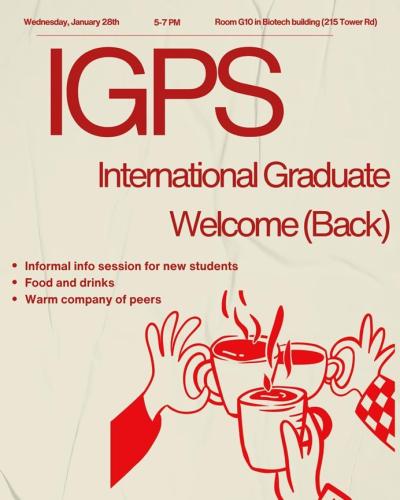Cornell’s Code of Academic Integrity states that “a student shall in no way misrepresent his or her work.” Sample violations include “knowingly representing the work of others as one’s own” and “using, obtaining, or providing unauthorized assistance on examinations, papers, or any other academic work.”
Use of AI during the writing process has created a fuzzy area for academic integrity, an area that many in the academic community are struggling to clarify. At Cornell, many faculty and offices are striving to figure out how to best protect academic integrity while also protecting students. The Center for Teaching Innovation has created guidance to help faculty clearly communicate their expectations around the use of generative AI and what would constitute a violation in their classes.
The English Language Support Office has created guidance for students on steps they can take to avoid charges of inappropriate use of generative AI. These steps include those before starting a writing project (such as getting clarity from a professor or PI on policies related to generative AI and writing), steps to take during the writing process (such as documenting their writing process), steps to take if they are questioned about their use of generative AI, and steps to take if they are charged with an academic integrity violation for use of generative AI.
This new resource complements a growing body of ELSO resources students and faculty can use to discuss generative AI and writing. ELSO Director Michelle Crow stated, "These tools are still so new that there are a lot of murky areas. Some uses are okay in some disciplines and rhetorical situations and not in others. We are trying to help students communicate transparently with their faculty, so that together, we can all figure out together which uses of generative AI during the writing process are effective and which are seen as crossing the line."
Students who have questions about use of generative AI during the writing process may make an appointment with our GenAI Writing tutors, with whom they can have private and open conversations about using the technology. This new tutoring service, which opened this fall, has already proven very popular. Dr. Crow stated, "we are hopeful that this new guidance coupled with this new tutoring service will help graduate and professional students gain clarity when making decisions about when and how to use generative AI while writing."





